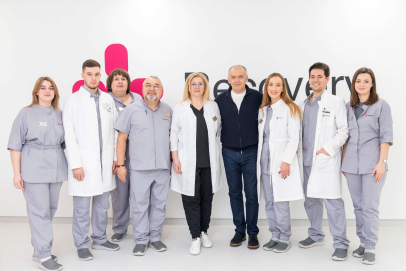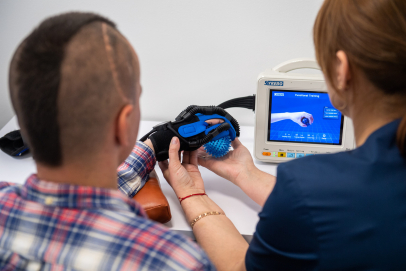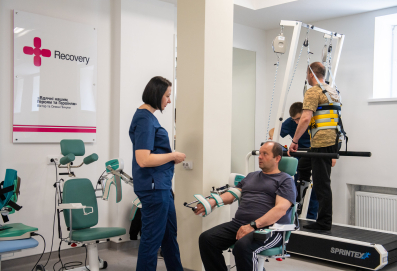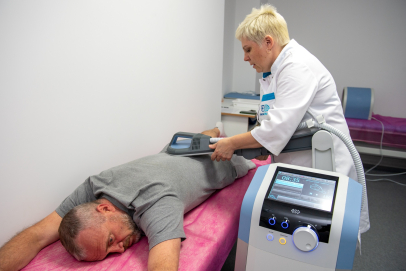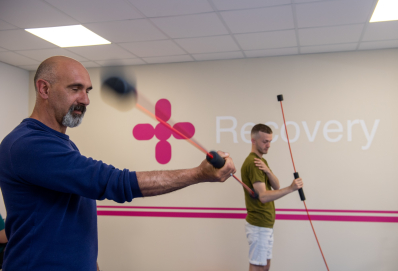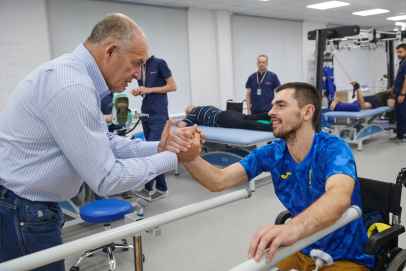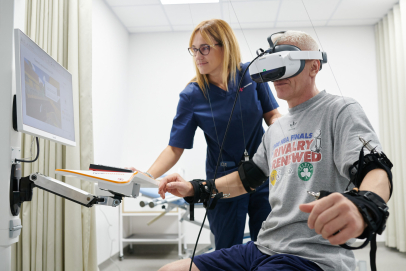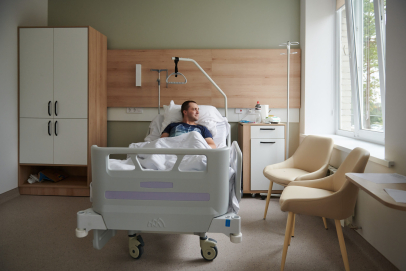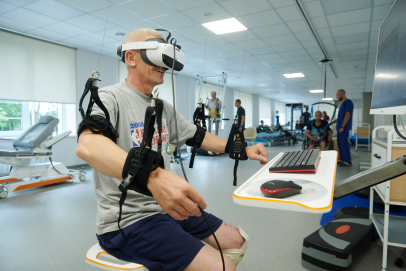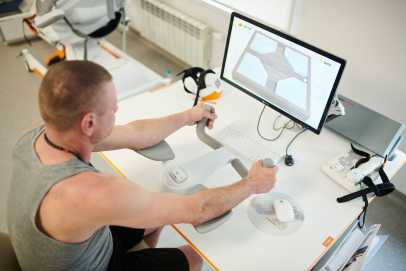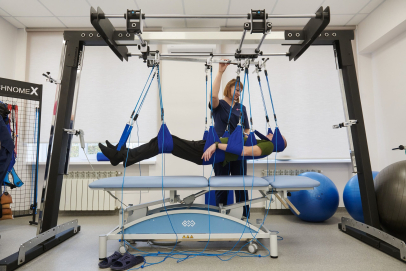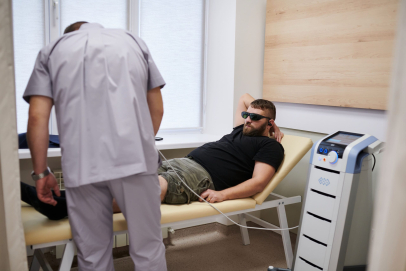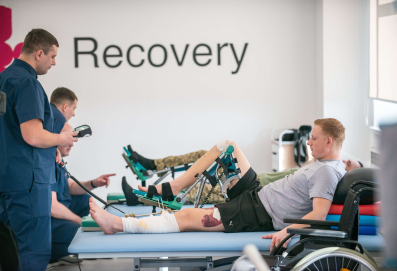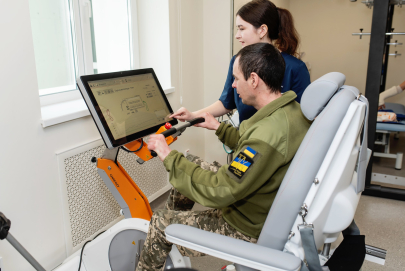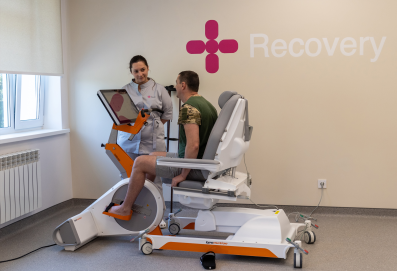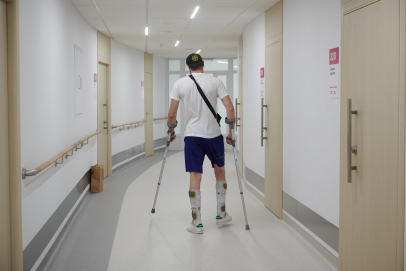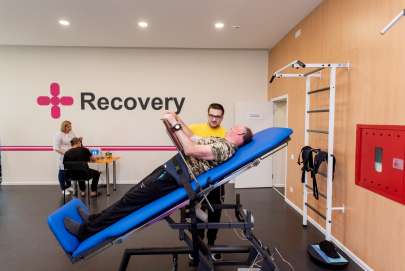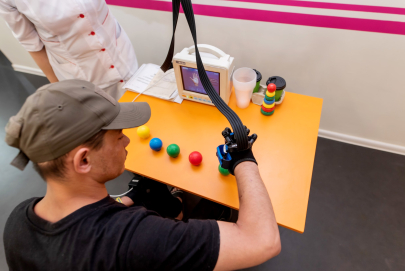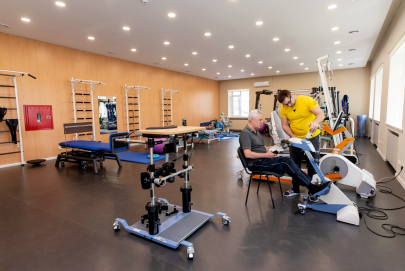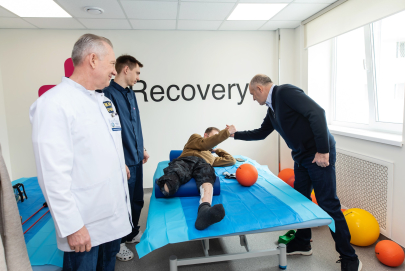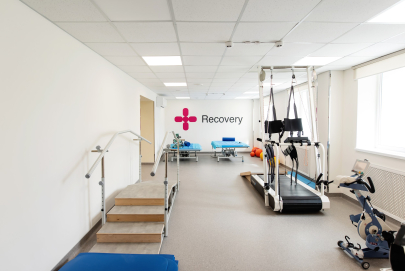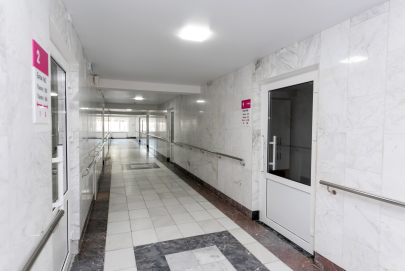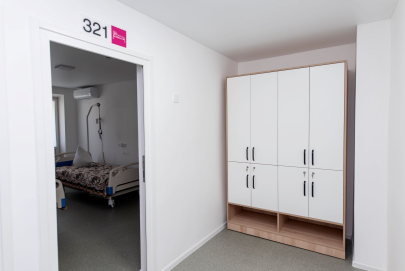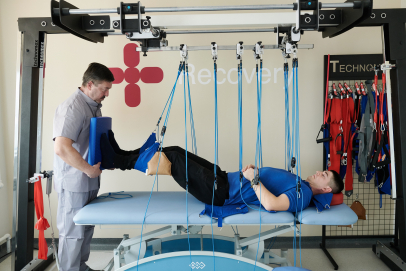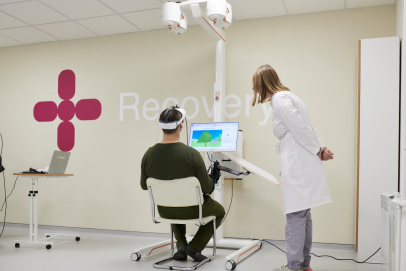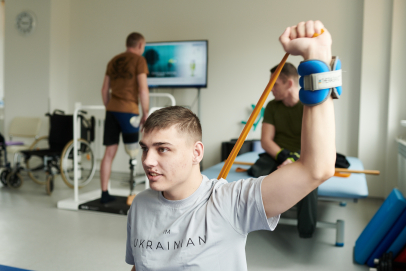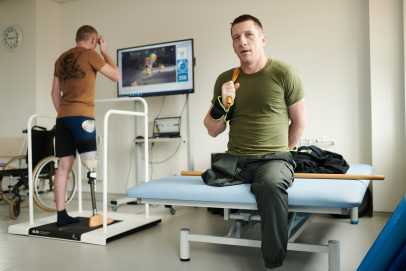Press about us
The West Is Not Prepared for the Long Haul Over Ukraine
The European Union and NATO are involved in a competition with Russia that they could lose. That competition comprises three main strands, each of which reveals the West’s lack of readiness for a long, drawn-out struggle with Moscow.
First, there is a conflict over the sovereignty of Ukraine, which has been compromised by Russian military support for rebels in the east of the country and by the Kremlin’s annexation of Crimea.
Second, Russia and the West are engaged in a communications war that the EU is unlikely to win unless there is a sea change in confronting Russian President Vladimir Putin’s well-oiled machinery of propaganda.
And third, the security of the Baltic states is at stake. There, EU and NATO leaders are still unprepared to deal with any trouble that Russia could engineer.
As far as the issue of sovereignty goes, U.S. and European leaders have no intention of recognizing Russia’s annexation of Crimea in March. But nor have they any intention of making Crimea’s return to Ukraine one of the elements of any peace deal.
In eastern Ukraine, investigators are still being denied full and unhindered access to the crash site of Malaysia Airlines Flight MH17, which was shot down in July. Pro-Russian rebels are widely believed to have been responsible for the attack and are now hindering the investigation into the crash. Such obstructionism further erodes Ukraine’s sovereignty and exposes the West’s wanton helplessness.
The EU further eroded Ukraine’s sovereignty on September 12. During a trilateral meeting between the EU Trade Commissioner Karel de Gucht, Ukraine’s Foreign Minister Pavlo Klimkin, and Russia’s Minister of Economic Development Alexei Ulyukayev, the trio agreed to postpone the implementation of the EU’s Deep and Comprehensive Free Trade Agreement with Ukraine, designed to liberalize trade between the Eastern European country and the union.
The agreement had been scheduled to come into force in November. Instead, it was postponed until December 31, 2015. Why? Because the trade accord has become hostage to peace talks, on the one hand, and to Russian pressure to preserve Moscow’s access to the Ukrainian market, on the other.
De Gucht said that in the meantime, the EU would adopt some “autonomous” trade measures with Ukraine. However, the joint statement added, “parties will continue to consult on how to address concerns raised by Russia. . . . This ongoing process needs to be part and parcel of a comprehensive peace process in Ukraine, respecting the right of Ukraine to decide on its own destiny as well as the territorial integrity of Ukraine.”
Postponing the free trade agreement shows that Ukraine cannot decide its own destiny. On the same day as the announcement, Ukraine’s Deputy Foreign Minister Danylo Lubkivskyi resigned in disgust. “The approved announcement sends the wrong signal to all: to the aggressor, to our allies, and, most important, to the citizens of Ukraine,” he wrote in a message explaining his resignation.
Meanwhile at the Yalta European Strategy gathering in Kiev on September 12–13, an annual platform to promote Ukraine’s European integration, top EU officials paid lip service to Ukraine’s freedom of choice. “The European Union will not allow Russia to dictate conditions for the EU’s relations with Ukraine,” said Štefan Füle, the EU commissioner for enlargement and the European Neighborhood Policy. The outgoing European Commission president, José Manuel Barroso, said much the same.
Then there is the communications war. Putin has the Russian media, especially television, tightly under control. The West can respond to this media onslaught by using the language services of the BBC, Radio Free Europe, and Voice of America, to name but a few.
However, these broadcasting services are facing huge budget cuts at a time when they are more necessary than ever. These outlets are needed not just for reaching out to Russians in Russia. They are also needed in the Baltic states, where sizable Russian communities live and watch Russian television.
Estonian President Toomas Hendrik Ilves is right when he says he would not pull the plug on these channels. That would mean emulating Putin’s strategy. Instead, what is needed is a sustained response to the Russian view. The West should spend more on broadcasting to promote an alternative view to Moscow’s.
As for the EU, its embassies across Eastern Europe and Russia can do far more by organizing town-hall meetings outside the region’s capitals and big cities to explain and defend the EU’s values and interests.
The final dimension of the EU’s unpreparedness is its failure to fend off destabilizing attempts by Russia in the Baltic states. Putin’s ability to undermine Latvia and Estonia, both home to significant Russian minorities, cannot be underestimated.
That is why NATO’s decision during its September summit to implement a readiness action plan on the alliance’s Eastern flank fell short of what was needed. It’s all very well having a system of troop rotations for the Baltic states and Poland. But what these countries really need is permanently deployed troops that would give NATO greater intelligence about events on the ground.
All this means that European leaders have to decide if they are up to the long haul when it comes to dealing with Russia. For EU leaders to abandon the sovereignty of Ukraine, ignore Russia’s propaganda war, and neglect the security of the Baltics calls into question the EU’s staying power. The EU must acknowledge that it is locked in a competition it cannot afford to lose.

































